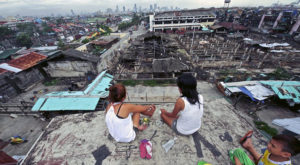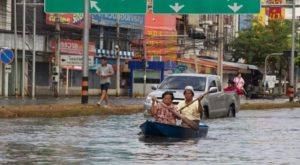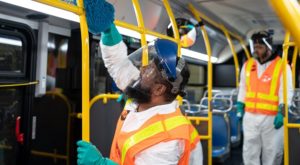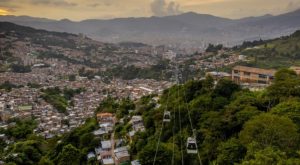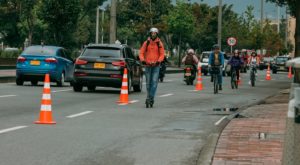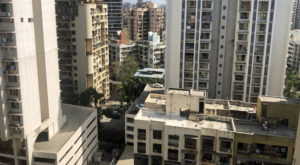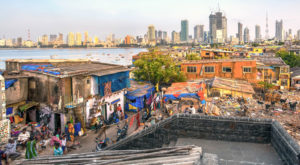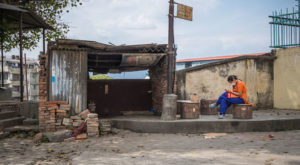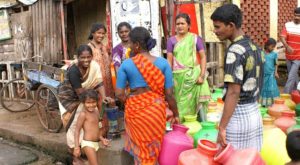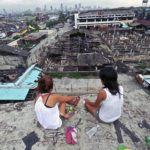
Across the world, from Wuhan to New York City, cities are on the frontline of the unfolding COVID-19 crisis. Starting with overwhelmed heath care systems, cities are experiencing unprecedented strain across social, economic and environmental systems as economies grind to ...

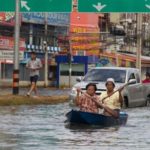
Flooding has already caused more than $1 trillion in losses globally since 1980, and the situation is poised to worsen: New analysis from WRI’s Aqueduct Floods finds that the number of people affected by floods will double worldwide by 2030. According to data from ...

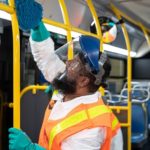
The COVID-19 crisis has shown that effective public transport is vital to keeping cities running. By serving essential workers in health care, emergency services, food services, and other sectors, public transport has become a service not just for some people ...

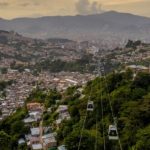
Since the landmark Paris Agreement on climate change, adopted in 2015 and signed by 175 countries on Earth Day the following year, global momentum to tackle the climate emergency has been building. Progress has been made on almost every front, ...


Fifty years ago, 20 million Americans (10% of the U.S. population at the time) took to the streets at the first Earth Day to demand a better future. Outraged by polluted air and water, by oil spills and the destruction ...

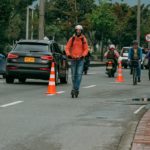
As the world works to stop the spread of the COVID-19 pandemic, more than 3.9 billion people are under full or partial lockdown orders, as of mid-April. Cities have curtailed many public transit operations because of declining ridership and health ...


Inequality is shaping how people are experiencing COVID-19 in cities to a startling degree. The vulnerability of the urban poor is striking everywhere, but the divide is more visible in some places than others. This is where I live on ...

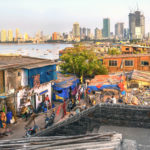
The COVID-19 pandemic has created a disruptive new normal for everyone through shelter-in-place orders and social distancing guidelines. But for the billions of urban poor, these guidelines aren’t just burdensome; they’re essentially impossible. Social distancing is a critically important response ...

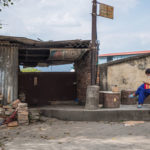
The impacts of the global COVID-19 pandemic are still being understood, but it does seem clear that this crisis will make a mark on cities, physically and socially, that will echo for generations. How we plan our cities has always ...

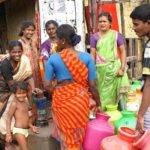
As the coronavirus crisis spreads throughout the world, it is increasingly clear that people with the least access to essential services like water will feel the most dramatic effects. Major health organizations advise washing hands more frequently – for at least ...

Page 34 of 337« First...1020...333435...4050...Last »







